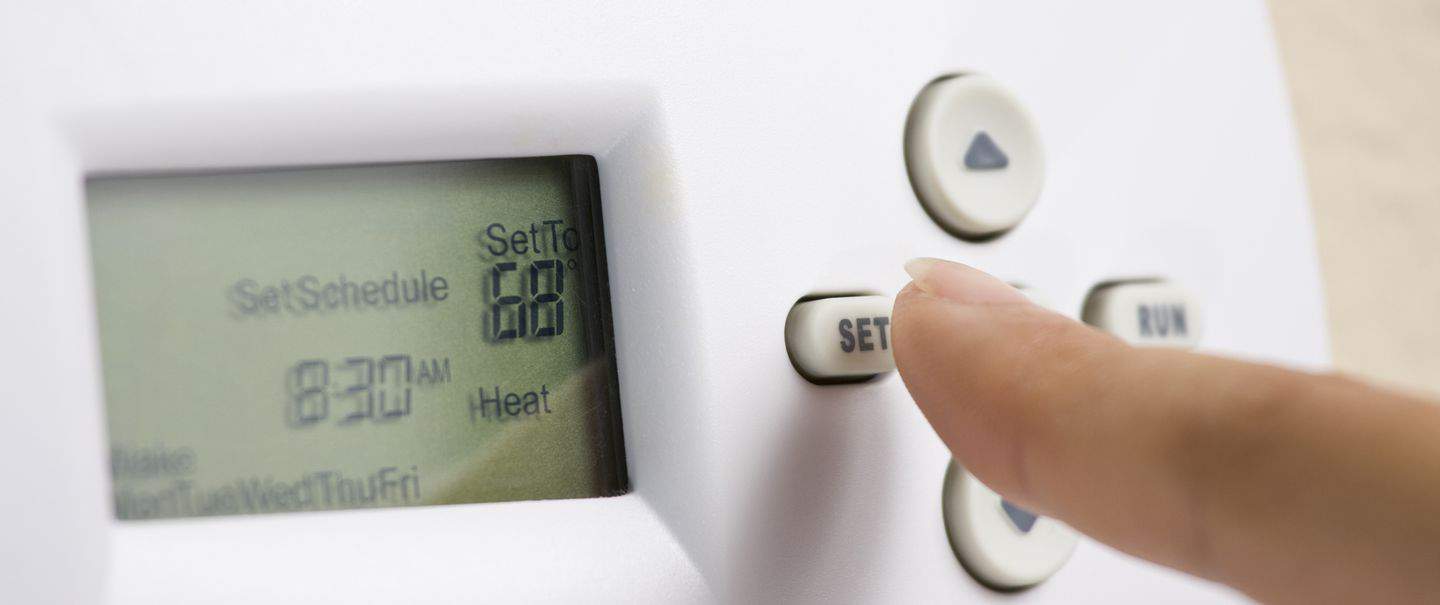Disclosure: Privacy Australia is community-supported. We may earn a commission when you buy a VPN through one of our links. Learn more.
Money Saving Tips Australia
We’re about to wow you with some money-saving tips that are easy for anyone to implement. These are real, actionable ideas that will cover everything from how to save money on the technology that powers your life to finding the best credit cards in Australia.
Easy Come, Easy Go: Our Relationship With Money
It seems that no matter how our earnings improve, there’s never enough money to cover the things we need, let alone finance those little extras that make life more civilised and bearable. The cost of living keeps going up, placing limits on the power of a dollar.
We can’t control the market forces that determine how much rent we pay, the price of food, or the cost of petrol. But, we can decide where to put our money and learn innovative ways to manage it more efficiently.

For example, spending $4.50 on a cup of gourmet coffee at our favorite shop doesn’t seem like a big expense. But, when you add it up, you’ll find that you’re spending an extra $50 a week for the pleasure and convenience. Fast food is another convenience, and we’ll admit that eating on the run is a necessary evil in our busy lives.
Just don’t get caught up in the trend of “supersizing” everything or paying for extras you don’t really need. The average “value meal” that includes a drink and dessert could add up to an extra $5,000 per year out of pocket.
Saving money – or making the money we have go farther – needn’t be difficult or painful. Even on a limited income, incorporating small changes can add up to big savings.
Tips to Help You Save Money Without Losing Your Mind
If you could change one spending habit, what would it be? Would you opt for making lunch at home to eat on the job or at school? It’s healthier and you have more control over what you and your family eat. Would you dine in more and eat out less often? Studies show that families who eat together at home experience better communication and feelings of unity. It’s also a lot cheaper.
Our tips are divided up into categories that will improve your spending habits in every area of your life. You don’t have to go overboard and implement them all at once. Take your lifestyle and budgeting goals into consideration and incorporate those suggestions that best suit your vision of a leaner, more fruitful life.
Saving Money on Necessities
One of the biggest expenses most families have after rent and utilities is food. There’s also an ongoing expense when you’re buying clothes, especially if you have kids and live in an area with distinct seasonal changes.

Here are some of our best tips on making your shopping dollar go further:
- Shop online whenever possible. This will save you time and petrol over driving around. Try to stick to reputable websites that provide accurate product photos and descriptions, and look for online discounts or coupon codes before you checkout.
- Arrange a clothing swap. We all know how fast kids grow. Often, they’re in the next size up before their current wardrobe shows signs of wear. Many of us also have a closet filled with items we’ve worn once or not at all. Why not get rid of things you don’t need or use any more by hosting a clothing swap in your neighbourhood, church, or school?
- Shop for seasonal items during the off season. Retail outlets will often charge more for seasonal items like swimming or camping gear, warm weather clothing, and home maintenance products if you buy them during a time you’re more likely to need them. Take advantage of off-season sales and closeouts to get the best deals.
- If you need clothing for a special occasion, consider renting rather than buying or borrowing from a friend or family member instead.
- Consider buying from a thrift or consignment store. You’d be surprised at the value and variety, and it’s a great way to get gently-used brand names at bargain prices.
- Look at quality rather than price. Paying more for something that’s well-made is less expensive in the end than paying a bargain basement price for cheap merchandise that will need to be replaced after just a few uses.
- Learn to haggle. You’d be surprised at the number of unadvertised discounts you can get when you ask.
Cutting Utility Costs
Heating and cooling are nice, but they don’t have to cost a fortune. You can save hundreds of dollars each year by making a few changes in your energy consumption without reducing your indoor comfort.

- Keep your thermostat at a set level and put it on auto. This will keep the temperature in your home at a stable level and reduce wear on your HVAC system.
- In summer, reduce you need for AC by setting your unit to a few degrees below the outdoor temperature. This will cause it to only kick on when the heat is up and allow you to enjoy cool breezes otherwise. You can also install ceiling fans and take advantage of cross currents by opening a window at each side of your home to encourage air flow.
- Look into budget plans available from many electricity and water companies. Many of these plans set a fixed price each month based on your average past usage. This will allow you to create a budget and conserve the amount of water or energy you use. Remember, next year’s budget will depend on what you’re using now.
- Use cold water in washing machines. If you’re worried that they’re not getting clean enough, consider switching to detergent that’s made for cold water use.
- Invest in a tankless water heater. This will limit the amount of energy needed for washing up and bathing, and the amount of water wasted while waiting for it to get hot. You can also opt for showers over baths and limit the amount of time you take in the shower.
- Turn off any lights or appliances when they’re not in use.
- Keep your furnace tuned up and maintained.
- Switch to energy-efficient bulbs. They may cost a little more, but you’ll extend their life by several thousand hours on average.
Reducing the Price of Transportation
Take the bus, walk, or ride a bike whenever possible to save on the rising price of petrol. Unfortunately, public transportation is spotty outside of major urban areas. Depending on where you live, a car is a necessity. When you must use a car, at least reduce the cost of owning and maintaining it with these tips.

- Reduce strain on your vehicle by reducing the load. Do you really need all of those items stored in your trunk? The more you car weighs, the more gas you’ll use operating it.
- Keep your vehicles maintained. Much like preventative medicine, regular vehicle maintenance will reduce wear on your vehicle, prevent unnecessary repairs, and extend the life of your car.
- This is another area where learning the art of negotiation can pay off big. Don’t allow the salesperson to talk you into options you don’t need and research car prices and dealers before you shop in person.
- If you rely on public transportation, try to purchase tickets by the week or month. Most public transportation companies offer discounts on fares when you purchase this way rather than buying a ticket every time you take the bus or train.
- Fill up on petrol at the right time. Many stations raise prices on weekends, during peak holiday travel times, and when a weather event is approaching. You can avoid this by filling up before the weekend and anticipating when rates will raise due to demand.
- Shop around online to compare the best rates on things like insurance, tires, and routine maintenance jobs like oil changes. This will save you time looking for service providers and let you know who has the best rates in your area. You can also save money by performing routine jobs like tuneups yourself.
- Wash your car at home rather than paying for professional detailing. You can do just as good a job yourself without spending the extra money. Make it fun by getting the kids involved. It’s a great way to cool off on a hot day, too.
Save on Banking and Finance
When was the last time you compared bank rates or credit card interest? Too many people stick with financial institutions and credit card companies year after year out of convenience or misplaced loyalty.

- Choose or switch to a checking account that doesn’t charge fees.
- Get rid of any high-interest loans and credit cards. Don’t close the accounts, as this will lower your credit score. Simply pay the balance in full whenever possible or transfer the balance to a card with a lower rate and leave the high-rate card inactive.
- Opt-in to paperless billing. This will save you an average of $5 per month.
- Avoid accounts that require a minimum balance. There could be fees if your account gets below that amount.
- Use the ATM connected to your bank whenever possible. This could help you avoid paying an additional $2 – $4 per transaction.
- Compare rates online before you apply for a loan or credit card
- Maintain good credit. That will avoid punitive fees for such things as overdrafts and late payments.
- When choosing a phone plan, find a company that offers a discount for multiple lines, and only pay for how much data you actually use rather than paying extra for minutes, SMS, and other features you may not use. In lieu of signing up for a reduced plan, find a company that allows you to roll over unused data or talk time from month to month.
Pairing Down Entertainment Expenses
Taking the family out for a movie night can cost up to $100 or more just on tickets and refreshments. Why do that when you can enjoy some of the latest and best entertainment in the privacy and comfort of your own home?
Netflix accounts cost less each month than the cost of one movie ticket. You can save even more by borrowing DVDs, games, and music from the local library for free. You can also save money on how you access or view digital entertainment at home.

Having an internet connection is no longer a nicety. Whether you’re working remotely or the kids need to study, the internet is an irreplaceable part of our lives.
Network connectivity makes shopping easier, and we all know the value of cutting the cord and accessing movies or other entertainment on demand. If you do stay with your local cable company, consider signing on for a reduced plan that covers only the channels you’ll actually watch.
Home communications and entertainment needn’t be expensive. In addition to finding the best Australian ISPs for your online habits and budget, you can protect your personal and financial information by installing a virtual private network (VPN) on your router and devices.
This will allow the family to access the platforms they need without putting your data at risk. Think of this more as an investment than an expense, and take advantage of guides that compare the safest free VPNs on the market in Australia.
Final Thoughts
Times are tough. No matter how much you earn, conserving one of our most limited resources – money – will allow you to maintain your quality of life by allowing the money you have to work harder for your rather than working harder to make more.
Our goal is to provide you with the most current information about cutting corners without sacrificing the quality of your life. Tell us about how our ideas have helped you or the innovative ways you’re making your income go farther.



